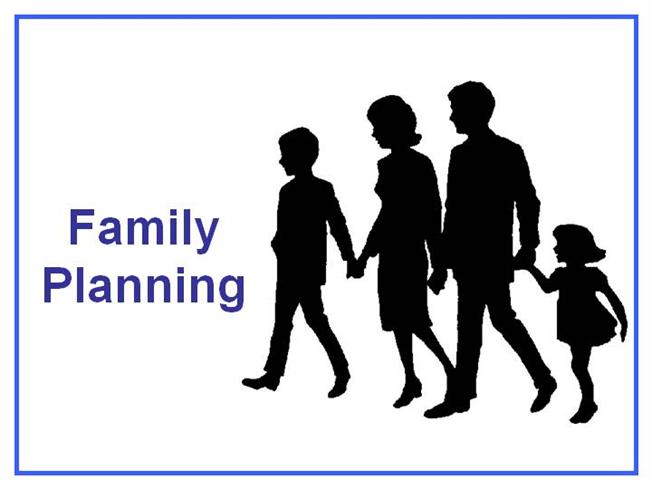During past discussions on development in the region, calls for family planning – precisely controlling birth – were only faced with aggressive answers or hostile responses, considering the subject as suspicious foreign projects.
Thus, houses and cities have become crowded and the results are demonstrated in the current imbalances in the societies, which are hard to solve including finding jobs, housing, medical treatment and the long series of modern requirements that have become hard to attain.
However, with the drop in governments and individuals’ incomes, hostility and suspicion have decreased and the society is witnessing better realization of the surrounding.
This is real life that is controlled by accurate balance and blessings may not last.
In the past, diseases, epidemics, famines, and natural disasters used to limit human growth.
With advances in science, invention of vaccines, availability of treatments, construction of dams, development of agricultural products, chemistry of food preservation, human fertilization and immunization and many other factors that extended the human life, the equation of human relationship with the land and environment has changed.
It is not by coincidence that in all industrial countries, citizens adhere to birth control while in poor communities citizens do not.
In our region, it was never possible to impose family planning. Governments that tried to impose it did not succeed and opposing groups incited against political regimes every time they tried to do so.
Opposition is not the only reason behind this failure, instead governments have failed to impose this rule due to the low awareness and the easy life lived by societies with high oil incomes.
Awareness remains the best path taken to change the wrong habits in society and force people to adapt their economic conditions with their life desires and perceptions.
Those who do not have large financial incomes should think twice about how to manage their homes and family issues. For financial reasons, the majority will not plan for big families and will not build houses with extra rooms.
Gradually, they will discover that the family bill is not only comprised of house rent and food put on the table, since even education and health treatment will cost money. The living of a family of 10 members will cost twice as that of five members.
What is happening nowadays is actually a correction for the past random arrangements, including housekeeping, which will force many to make family and personal decisions due to their economic situation. These decisions include early marriage, polygamy, big family and employment of women.
It won’t be easy to rectify the past difficult conditions as many families are big when it comes to the number of members, yet live in hard conditions due to their small income.
Meanwhile, what is possible is spreading awareness among new generations and let them understand the realities of the life which they will be paving their future through and know that whatever they decide in the present might cost a lot in the future.
Yet, we also take into consideration that our societies will not accept the governments’ intervention in their families’ privacy.
They will not accept to be like China, where the government decides the number of children each family should have; therefore, what remains is the necessity of focusing on social and educational awareness at a specific age.
Rectifying the market’s economies, which is carried out currently, including reduction of subsidies on main commodities and rise in the cost of living, requires family education that matches the new changes.
